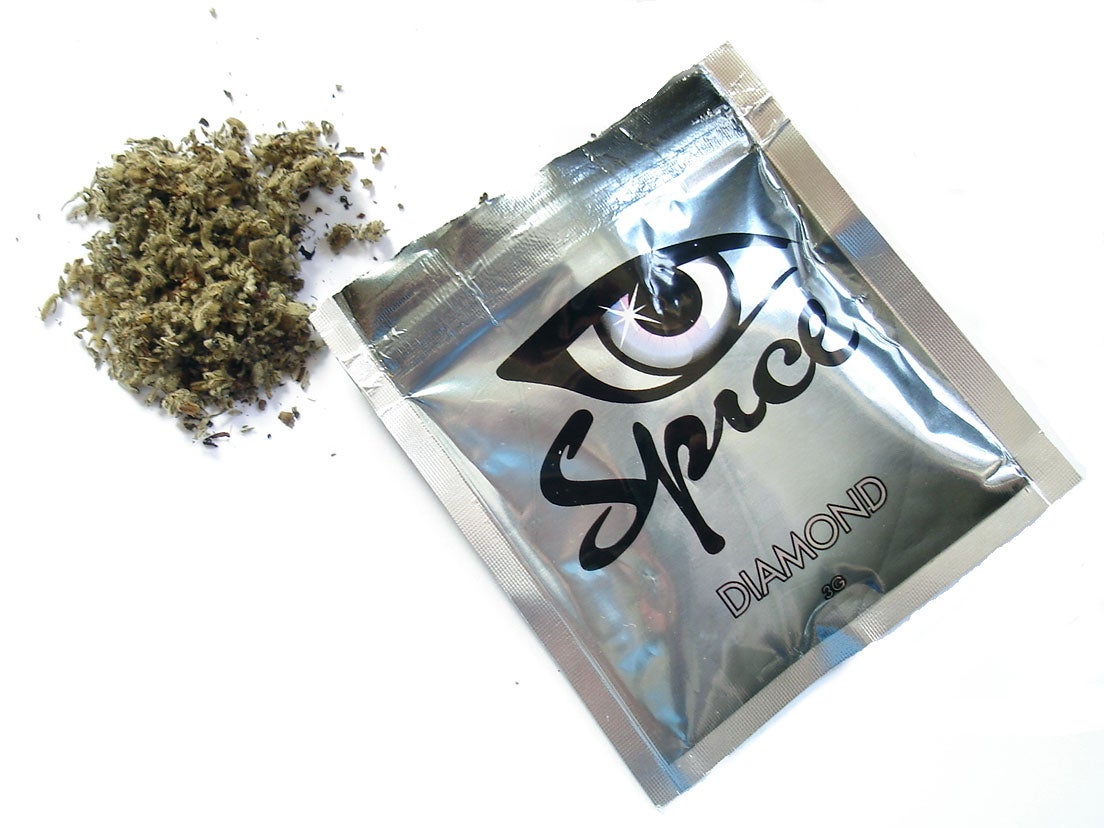Synthetic drug 'ravaging Blackpool and turning people's empathy off'
A charity worker warns people become 'aggressive' and have 'their empathy turned off' while on the drug

Your support helps us to tell the story
From reproductive rights to climate change to Big Tech, The Independent is on the ground when the story is developing. Whether it's investigating the financials of Elon Musk's pro-Trump PAC or producing our latest documentary, 'The A Word', which shines a light on the American women fighting for reproductive rights, we know how important it is to parse out the facts from the messaging.
At such a critical moment in US history, we need reporters on the ground. Your donation allows us to keep sending journalists to speak to both sides of the story.
The Independent is trusted by Americans across the entire political spectrum. And unlike many other quality news outlets, we choose not to lock Americans out of our reporting and analysis with paywalls. We believe quality journalism should be available to everyone, paid for by those who can afford it.
Your support makes all the difference.A charity has warned Blackpool's homeless population is being ravaged by the synthetic cannabis drug called Spice.
Helen Gavaghan, who works for Blackpool Fulfilling Lives, told the Observer that the drug, a former legal high banned in 2009, has replaced heroin and alcohol as the drug most frequently used by the homeless.
The cannabinoid mimics the effects of cannabis by stimulating the same parts of the brain.

The brand name is also being used for similar drugs manufactured in Asia which are sold legally online and in head shops around the country.
With a street value of between £5 and £10 for a gram, Ms Gavaghan said it is cheap to “make 20 spliffs that will get 40 people out of it”.
Ms Gavaghan said: “It’s popular with people with no money because it’s cheaper, it’s stronger, so a small amount lasts a lot longer.
“Two or three tokes and you’re in oblivion. People on it, they’re not in there any more. They can walk around but their face is flat, they’re not really hearing. Often they’re aggressive. Their empathy has been turned off.”
Earlier this year, legal highs were blamed for a rise in violence in prisons and the number of inmates admitted to hospital after using drugs.
In May, five students at Lancaster University were rushed to hospital after smoking the drug.
Join our commenting forum
Join thought-provoking conversations, follow other Independent readers and see their replies
Comments